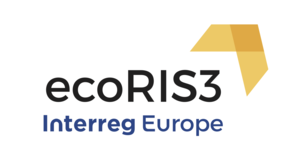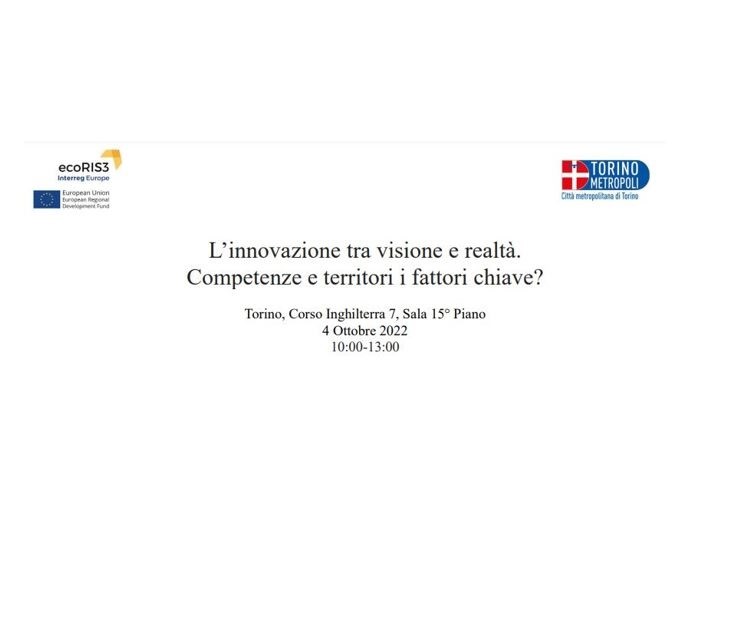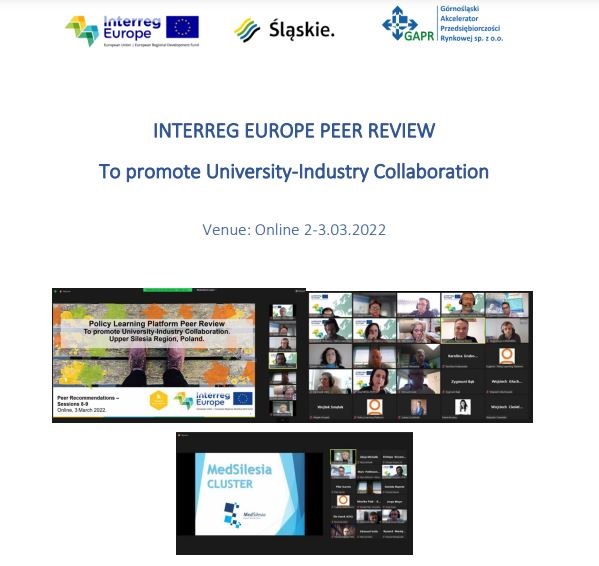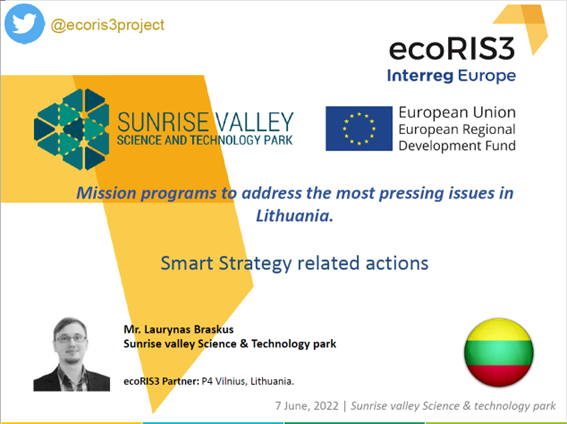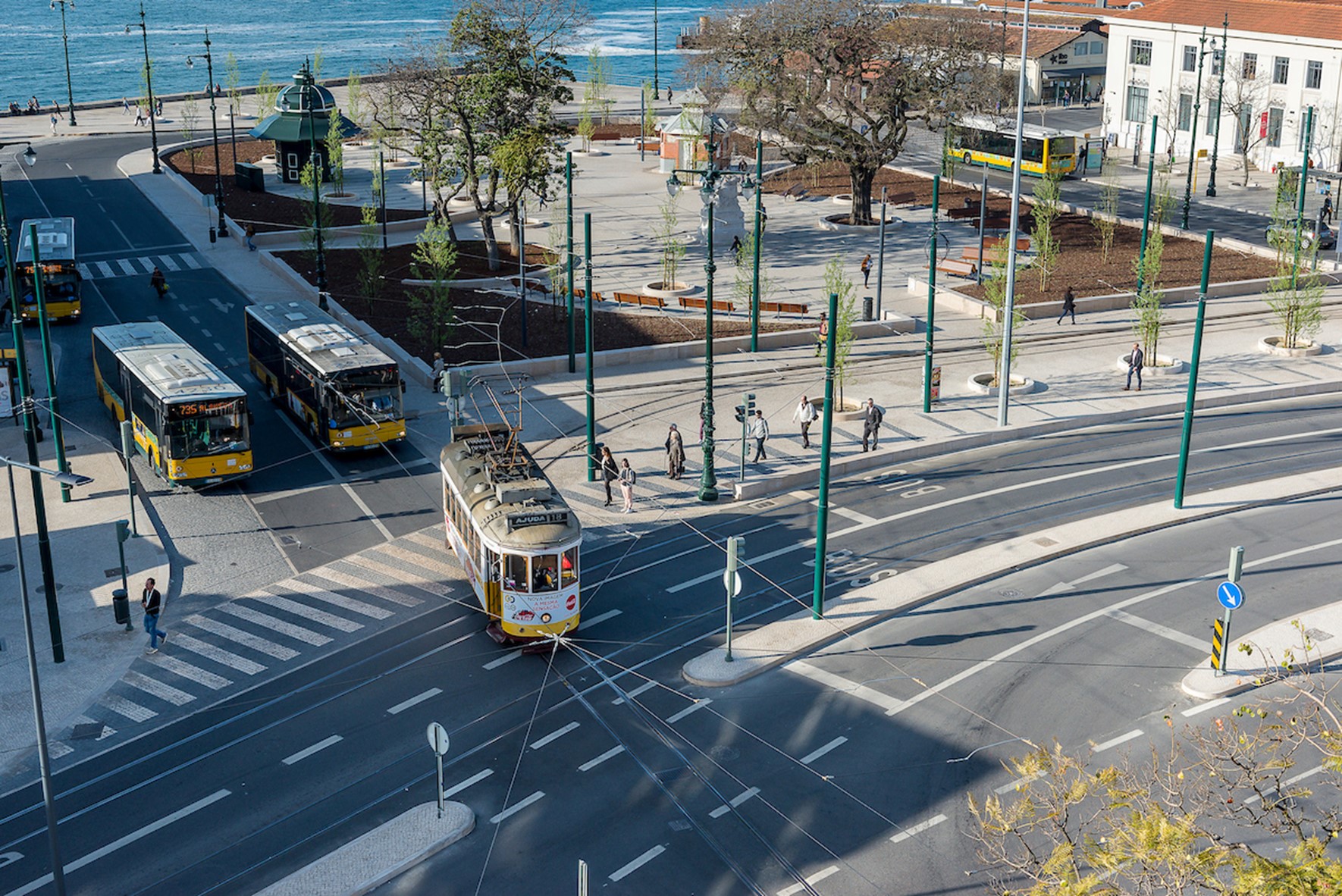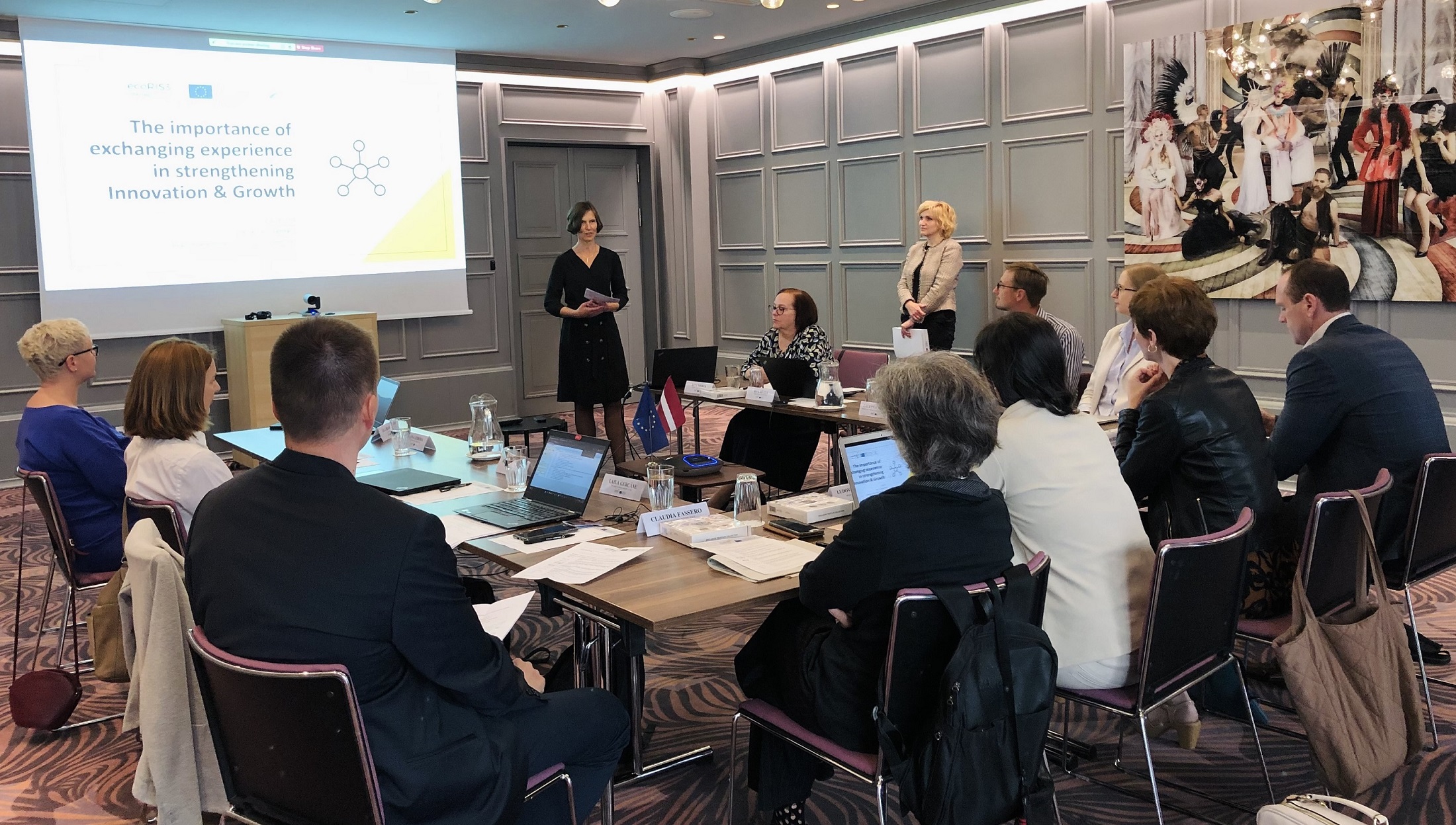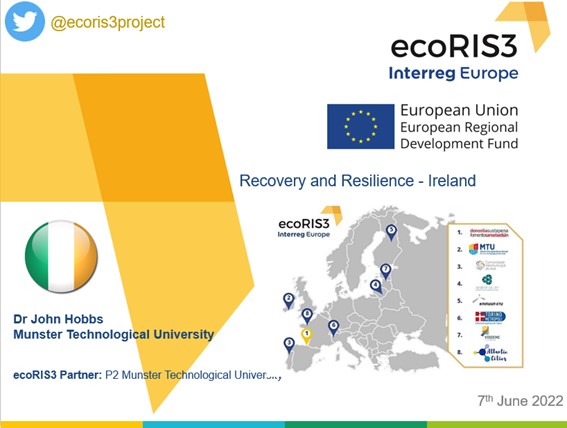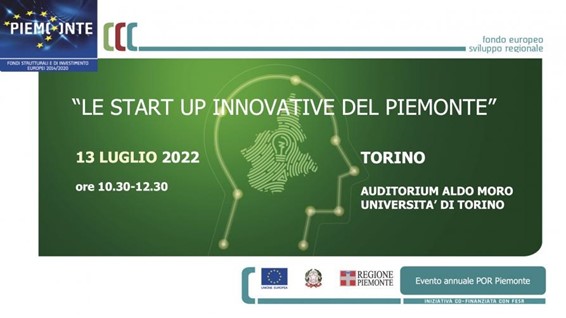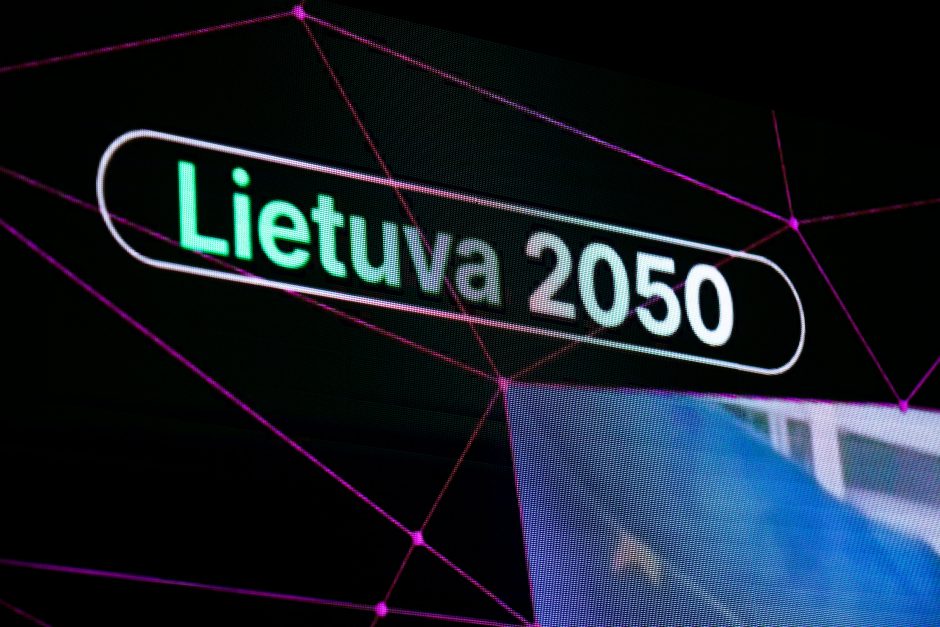Cluster initiatives are increasingly managed by specialised institutions, known as cluster organisations, which take various forms, ranging from non-profit associations, through public agencies to companies. A Cluster Organisation provides services to the cluster initiative participants. There are plenty of examples of cluster organisations whom have developed with the support of local authorities across Europe since the 1990s.specialised institutions, known as cluster organisations, which take various forms, ranging from non-profit associations, through public agencies to companies. A Cluster Organisation provides services to the cluster initiative participants. There are plenty of examples of cluster organisations whom have developed with the support of local authorities across Europe since the 1990s.
Since its foundation in December 2012, Energy Cork, is an example of a good practice as they are operating a cluster organisation in Cork, Ireland with the support of Cork City and County Council through their respective Economic Development Funds. This is a relatively new initiative and Energy Cork has taken great strides in its relatively short life span – balancing their activities between member’s services / education and training / participation in European projects, interacting with civil society to promote best practices.

Image: Aideen O’Hora, Executive Director The Green Way and Kieran Lettice, Cluster Manager, Energy Cork join prestigious EU’s Climate Knowledge Innovation Community in 2014.
Energy Cork has grown to a cluster with 85 organisations employing more than 4,000 people in the region. Members range from energy utilities, oil & gas companies, energy suppliers, energy management companies, technology providers, start-ups and spin-out companies, as well as a range of consultancy and professional services providers. The key to Energy Cork’s success has always been to put their members and clients best interests at the core of everything they do. The Energy Cork Steering Group contains a good proportion of enthusiastic and committed industry members, alongside influential and supportive other members (from academia, local government, construction industry, etc.)
The structure of Energy Cork is a response to the needs of members and vision of the cluster’s founders in the organisation’s constitution. Steering Group – providing management and strategic direction to the Cluster. Led by the Energy Cork Chairperson. 14 industry members (7 SME and 7 non-SME elected) and 14 other members representing local and regional government, development agencies, academic and research partners.
The Cluster has 5 key working groups: (1) Energy Supply Sub Group – Production, supply, sale, transportation, storage, generation of energy, energy services and fuels. (2) Built Environment Sub Group – Energy use in buildings (residential, commercial, industrial, institutional), energy-efficient technology, energy management systems. (3) Transport Sub Group – Energy use in the transport sector, promoting public transport and other low or zero-carbon transport options. (4) Climate & Environment Sub Group – The impact of energy use on climate change and environment. (5) Cleantech Finance & Investment Sub Group – A cross-cutting sub group which aims to address finance and investment issues relating to all aspects of the energy sector.

Image: Paul Bolger, the Environmental Research Institute at UCC and Kieran Lettice, Energy Cork at the 24 hour Climathon hosted by the Environmental Research Institute, UCC in October 2016 © Darragh Kane.
Some successes for Energy Cork since its inception in December 2012 is it’s:
- Participation in the development of EU’s Climate-KIC programme in Ireland, supporting the next generation of climate entrepreneurs .
- Developing and fostering the roll-out of Cork’s Drive4Zero, to increase numbers of electric cars and charging points in Cork .
- Founding Energy Champion CLG, a company limited by guarantee, with its own Steering Group, which aims to promote, identify, foster and accelerate sustainable energy projects in Cork. Energy Champion CLG will, amongst other initiatives, develop a Cork Sustainable Energy Community with the support of SEAI’s SEC Programme.
- Hosting the first, and so far, largest Solar PV conference in Ireland, in January 2016 with in excess of 350 attendees.
- Promoting Ireland’s Energy Hub in Cork Harbour.
- Facilitating Cork’s application to be European Green Capital .

Image: Drive4Zero, a ground-up project where stakeholders as Energy Cork, MaREI (UCC); Cork City Council, Cork County Council, QPark, ESB ecars, Direct Route, AIB, Cork Chamber and SEAI, along with 4 electric car manufacturers: Nissan; Renault; BMW and Mitsubishi, aim to increase the number of electric cars in Cork.
Their future aims relate to:
- Grow and develop an energy industry cluster in Cork.
- Build and promote a clear identity for the energy sector in Cork.
- Attract energy related businesses and infrastructure to Cork.
